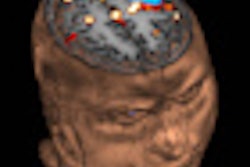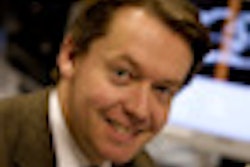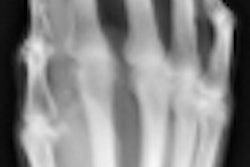A regulatory group charged with harmonizing device regulations in countries around the world has decided to continue on without industry participation. The Global Harmonization Task Force (GHTF) earlier this month told its partners in the device industry that they would no longer be allowed to participate in task force activities.
The GHTF was established in 1992 with the goal of harmonizing international regulations to maintain quality and safety for patients while reducing the regulatory burden on device manufacturers introducing products into multiple countries. The task force included representation from government regulators in the U.S., European Union, Australia, Japan, and Canada, as well as industry groups like the Medical Imaging and Technology Alliance (MITA); European Coordination Committee of the Radiological, Electromedical, and Healthcare IT Industry (COCIR); and Japan Industries Association of Radiological Systems (JIRA).
However, earlier in March, GHTF organizers notified MITA, COCIR, and the other industry groups that they would no longer be allowed to participate in the task force's steering committee or working groups, according to David Fisher, executive director of MITA. The steering committee met three to four times a year, while the working groups covered topics such as premarket evaluations, postmarket surveillance, quality systems, auditing, and clinical safety/performance.
The task force has notified MITA and other industry participants that it will be reorganizing the group to include an expanded number of regulatory authorities beyond the five founding government members. However, the lack of industry participation will make it more difficult for device makers to influence and follow the task force's progress.
"By having regulators and the industries being regulated in the same group you had a complete picture of the system and the situation in each country. That led to good decision-making that had buy-in with all stakeholders," Fisher said. "By removing industry from the decision-making body, you lose the broader picture."



















